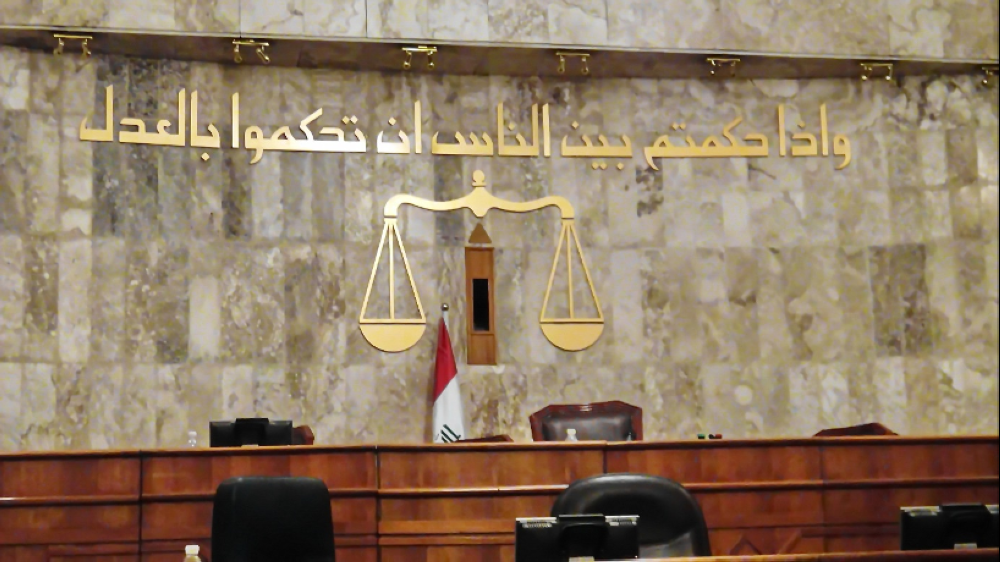In a decisive ruling in August, the al-Karkh investigation court, headquartered in Baghdad, issued an order to freeze the assets of the former oil minister of Iraq, Ihsan Abdul Jabbar Islami, due to allegations of corruption and bribery.
Ihsan Abdul Jabbar Islami allegedly misappropriated substantial government funds, leading to the acquisition of at least 14 properties in the cities of Baghdad and Basra alone.
Zahra al-Bachari, head of the Iraqi parliament’s Transport and Communications Committee, announced last October that a total of 68 major corruption cases have been filed against Abdul Jabbar, demanding that he be prevented from traveling outside Iraq.
The case of Abdul Jabbar stands as the latest example of the Iraqi government's intensified efforts to combat corruption.
In recent years, there has been significant progress with Iraq’s official corruption rank improving from #2 to #23 from 2006 to 2022. However, official figures from the last year have revealed a troubling reality.
Reports in 2021 showed how an estimated $150 billion of stolen money has been smuggled out of Iraq in corrupt deals since the US-led invasion of 2003, leaving major question marks around the security of the state.
So, despite important strides being made, the battle against corruption in Iraq remains an ongoing challenge where a stronger approach is clearly required.
Corruption has plagued Iraq for many years and remains a consistent point of tension between the government and its citizens. Just four years ago, the nation witnessed widespread protests, driven by anti-corruption sentiments. These demonstrations culminated in the resignation of Iraq's Prime Minister, Adil Abdul-Mahdi, prompting the advancement of national elections to 2021.
In his inaugural address before the Iraqi Parliament in October 2022, Prime Minister Al Sudani unequivocally outlined his stance on combating fraudulent activities. He declared that the ‘pandemic of corruption,’ more deadly than the coronavirus, has permeated all facets of society. Al Sudani further emphasised that corruption lay at the root of many economic challenges facing Iraq, eroding the country's prestige while exacerbating poverty, unemployment, and inadequate services.
Following this, Al Sudani swiftly announced the formation of an anti-corruption body to support the Integrity Commission, which was to be led by the former head of a secret intelligence unit. A special support team was formed alongside the commission, with ‘broad powers’ to pinpoint corruption.
Further developments this year underscore Iraq’s steadfast commitment to combatting corruption and ensuring accountability across its government institutions. In a significant verdict delivered this March, former transport minister Kazem Al-Hamami received the maximum possible sentence of 2 years on corruption charges. Subsequently, the Integrity Commission has issued arrest warrants and summons orders to 54 high-ranking officials since May.
In a recent development, the Iraqi government announced plans to enlist the assistance of Interpol. The aim is to issue international alerts, seeking the arrest of former senior officials implicated in the suspected embezzlement of over $2.5 billion from the country's tax commission. Among those targeted are a former finance minister and an ex-intelligence chief. This signifies Iraq's concerted efforts not only to hold high-ranking and corrupt individuals accountable but also to repatriate those who have fled after committing fraudulent acts.
As we bear witness to Iraq's ambitious campaign against corruption and its steadfast commitment to national progress, we find ourselves at a pivotal juncture in the nation's history. What’s left to be seen is whether Iraq will continue its ascent up the global corruption index. However, what we do know, is that for the first time, Iraq is cracking down and progress is being made.

